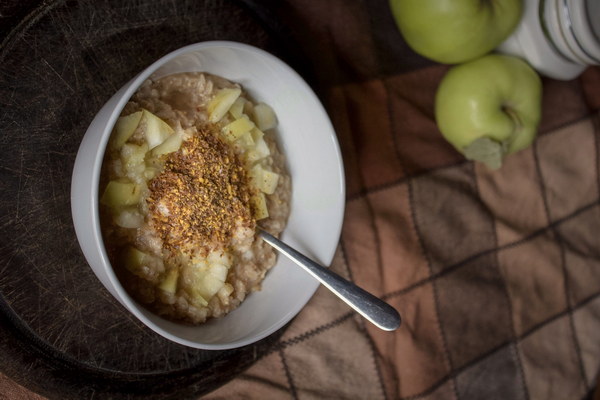Essential Liver Care Tips for Women Nurturing Your Health from the Inside Out
In the fast-paced world we live in, taking care of our health is more important than ever. For women, liver health is a crucial aspect of overall wellness. The liver plays a vital role in filtering toxins, producing bile, and metabolizing nutrients, making it essential to keep it in tip-top shape. Here's a comprehensive guide on how women can nurture their liver health from the inside out.
1. Maintain a Balanced Diet
A balanced diet is the cornerstone of liver health. Women should aim to consume a variety of nutrient-rich foods that support liver function.
- Fiber-Rich Foods: Foods high in fiber, like fruits, vegetables, whole grains, and legumes, help to bind toxins and move them out of the body, reducing the workload on the liver.
- Antioxidant-Rich Foods: Berries, dark leafy greens, nuts, and seeds are rich in antioxidants, which help protect liver cells from damage caused by free radicals.
- Healthy Fats: Incorporate healthy fats such as omega-3 fatty acids from fish, flaxseeds, and walnuts, which are beneficial for liver health.
- Limit Processed Foods: Processed and fried foods are high in unhealthy fats and sugars that can overload the liver and lead to inflammation.
2. Stay Hydrated
Water is essential for the liver to perform its functions effectively. Drinking plenty of water helps to flush out toxins and supports overall liver health. Aim for at least 8-10 glasses a day, more if you engage in physical activity or live in a hot climate.
3. Limit Alcohol Consumption
Excessive alcohol consumption can lead to liver disease, including fatty liver, cirrhosis, and liver cancer. Women are more susceptible to the effects of alcohol on the liver than men. It's best to limit alcohol intake to moderate levels, such as one drink per day.
4. Avoid Over-the-Counter Medications
Many over-the-counter medications can be hard on the liver. If you need to take any medication, consult with a healthcare provider to ensure it's safe for your liver and to determine the correct dosage.
5. Exercise Regularly
Physical activity improves liver function and aids in weight management, which is important for preventing fatty liver disease. Aim for at least 150 minutes of moderate-intensity exercise or 75 minutes of vigorous exercise per week.
6. Manage Stress
Chronic stress can lead to increased cortisol levels, which can contribute to liver inflammation. Practices such as meditation, yoga, deep breathing exercises, and adequate sleep can help manage stress levels.
7. Get Regular Check-Ups
Regular health screenings can help detect liver issues early. Women should have regular blood tests to monitor liver function, especially if they have risk factors like obesity, diabetes, or a family history of liver disease.

8. Consider Supplements Wisely
Certain supplements can support liver health, such as milk thistle, alpha-lipoic acid, and artichoke extract. However, it's important to consult with a healthcare provider before starting any new supplement to ensure they are safe and appropriate for your individual health needs.
By incorporating these liver-healthy habits into your daily routine, you can help protect your liver from damage and maintain optimal health. Remember, taking care of your liver is an ongoing commitment, and it's never too late to start making positive changes.









